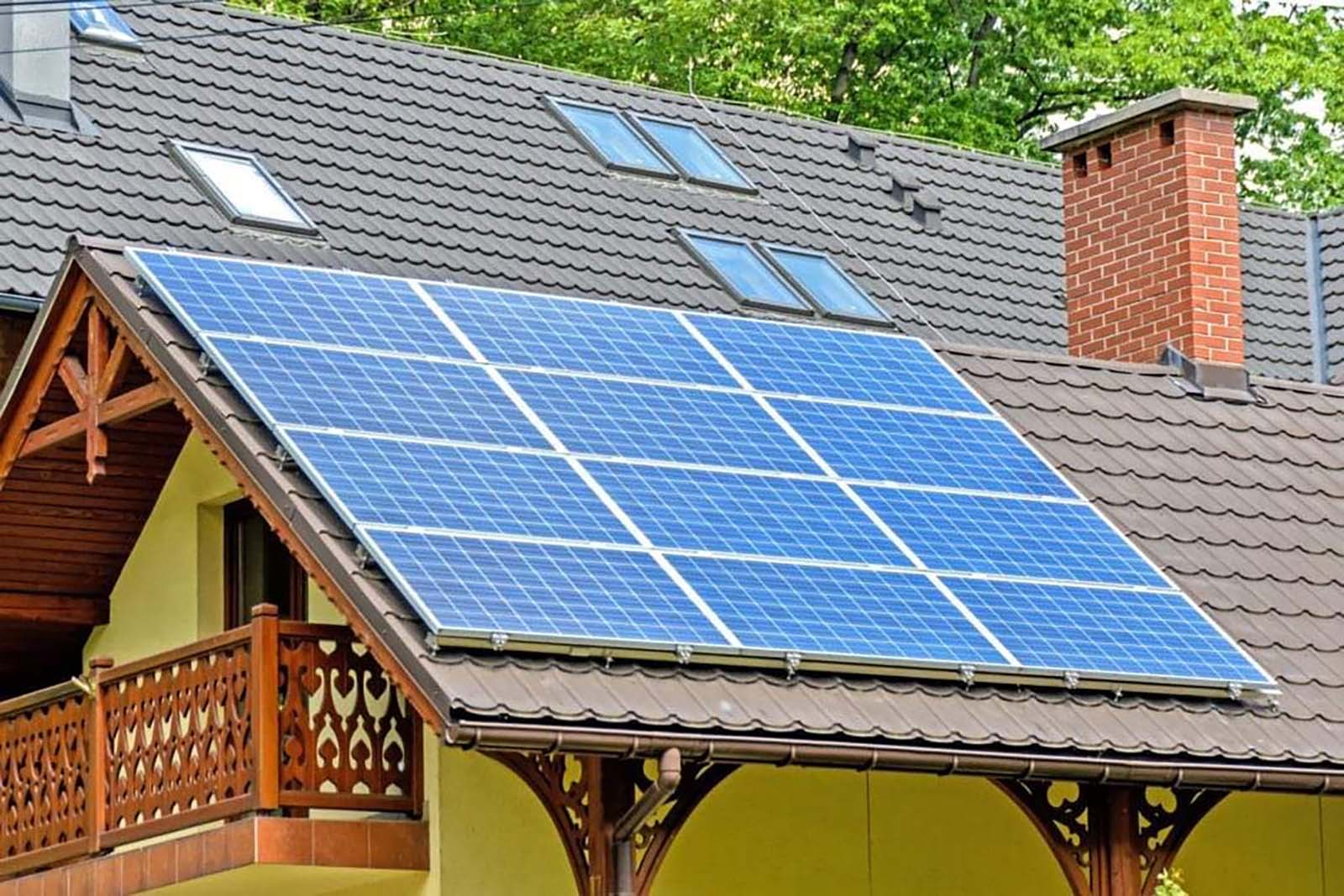The Best Battery Type for Solar Storage

When it comes to storing solar energy for later use, the choice of battery type is crucial. With the increasing popularity of solar power, the demand for reliable and efficient battery storage solutions has also risen. There are several different types of batteries available for solar storage, each with its own set of advantages and limitations. In this article, we will explore the best battery types for solar storage to help you make an informed decision.
Lithium-Ion Batteries
One of the most popular choices for solar storage is lithium-ion batteries. These batteries are known for their high energy density, long cycle life, and fast charging capabilities. They are also relatively lightweight and compact, making them ideal for residential solar storage applications. While lithium-ion batteries may have a higher upfront cost compared to other battery types, their superior performance and durability make them a worthwhile investment for long-term solar energy storage.Lead-Acid Batteries
Lead-acid batteries have been used for solar storage for many years and are known for their reliability and low cost. However, they have a lower energy density and shorter lifespan compared to lithium-ion batteries. Lead-acid batteries are a suitable option for those on a tight budget or for off-grid solar systems with lower energy demands. It is important to note that lead-acid batteries require regular maintenance and have a lower depth of discharge, which may impact their overall efficiency and longevity.
Nickel-Cadmium Batteries
Nickel-cadmium (Ni-Cd) batteries are another option for solar storage, offering a good balance of performance and cost-effectiveness. They have a long cycle life, excellent temperature tolerance, and are well-suited for high-demand applications. However, they are less environmentally friendly compared to other battery types due to the toxic nature of cadmium. Despite this drawback, Ni-Cd batteries are a viable choice for solar energy storage in certain scenarios.Saltwater Batteries
Saltwater batteries are a newer innovation in the realm of solar storage. They are non-toxic, non-flammable, and have a long cycle life, making them a sustainable and safe choice for solar energy storage. Saltwater batteries are also highly efficient and can be fully discharged without causing damage, offering a high level of reliability and performance. While saltwater batteries may have a lower energy density compared to lithium-ion batteries, their eco-friendly nature and long-term benefits make them an attractive option for solar storage.Flow Batteries
Flow batteries are a unique type of battery that uses two electrolyte solutions stored in external tanks. They offer a scalable and long-lasting energy storage solution for solar power systems. Flow batteries can be charged and discharged simultaneously, making them ideal for high-capacity and stationary applications. While flow batteries may have a higher initial cost, their ability to provide long-duration and high-capacity storage makes them a valuable option for solar energy storage.In conclusion, the best battery type for solar storage ultimately depends on specific requirements, such as energy capacity, cost, longevity, and environmental impact. While lithium-ion batteries are widely regarded as the top choice for solar storage due to their superior performance and efficiency, other battery types may also be suitable depending on individual needs and circumstances. Consulting with a solar energy professional can help you determine the most suitable battery type for your solar storage system, ensuring optimal performance and long-term benefits.

